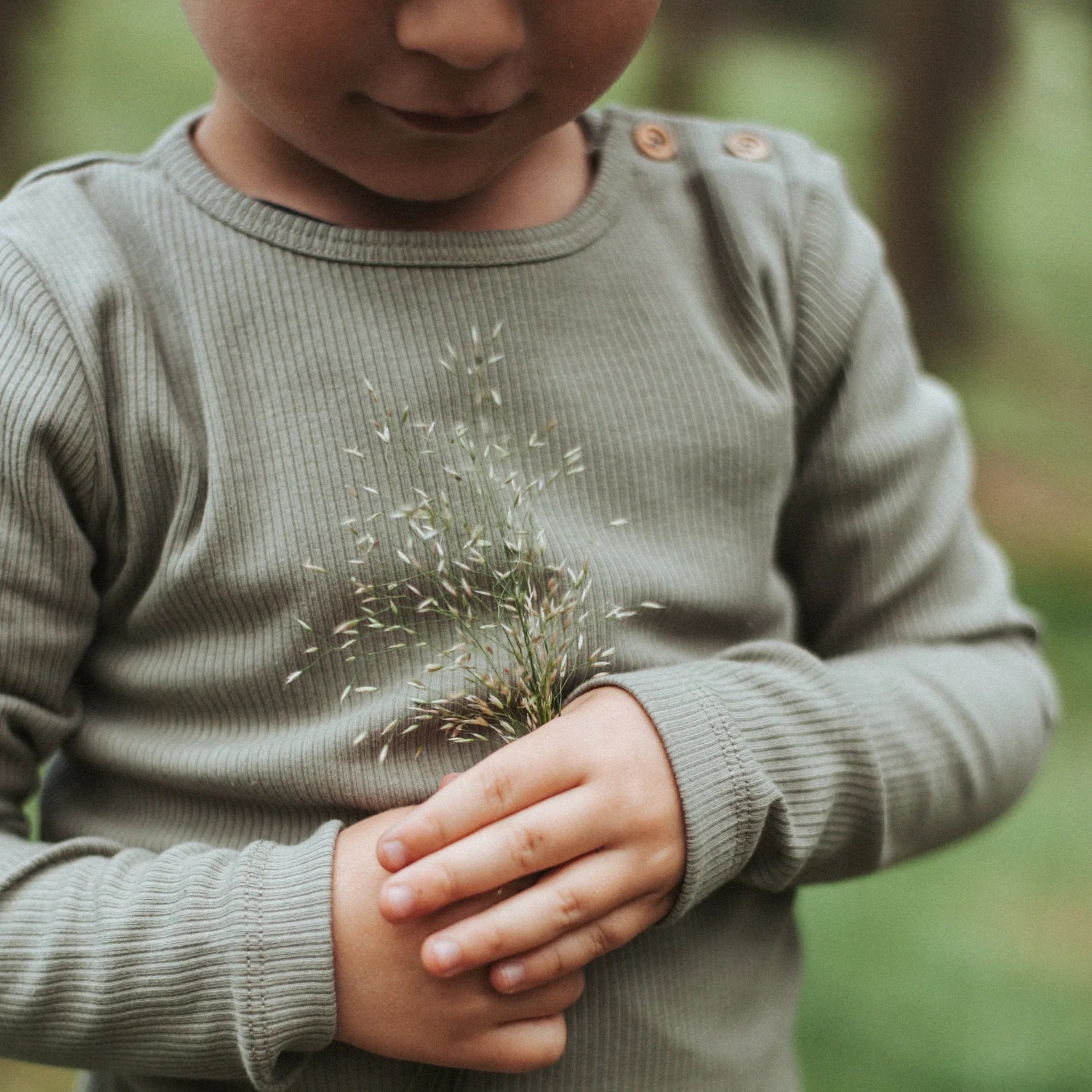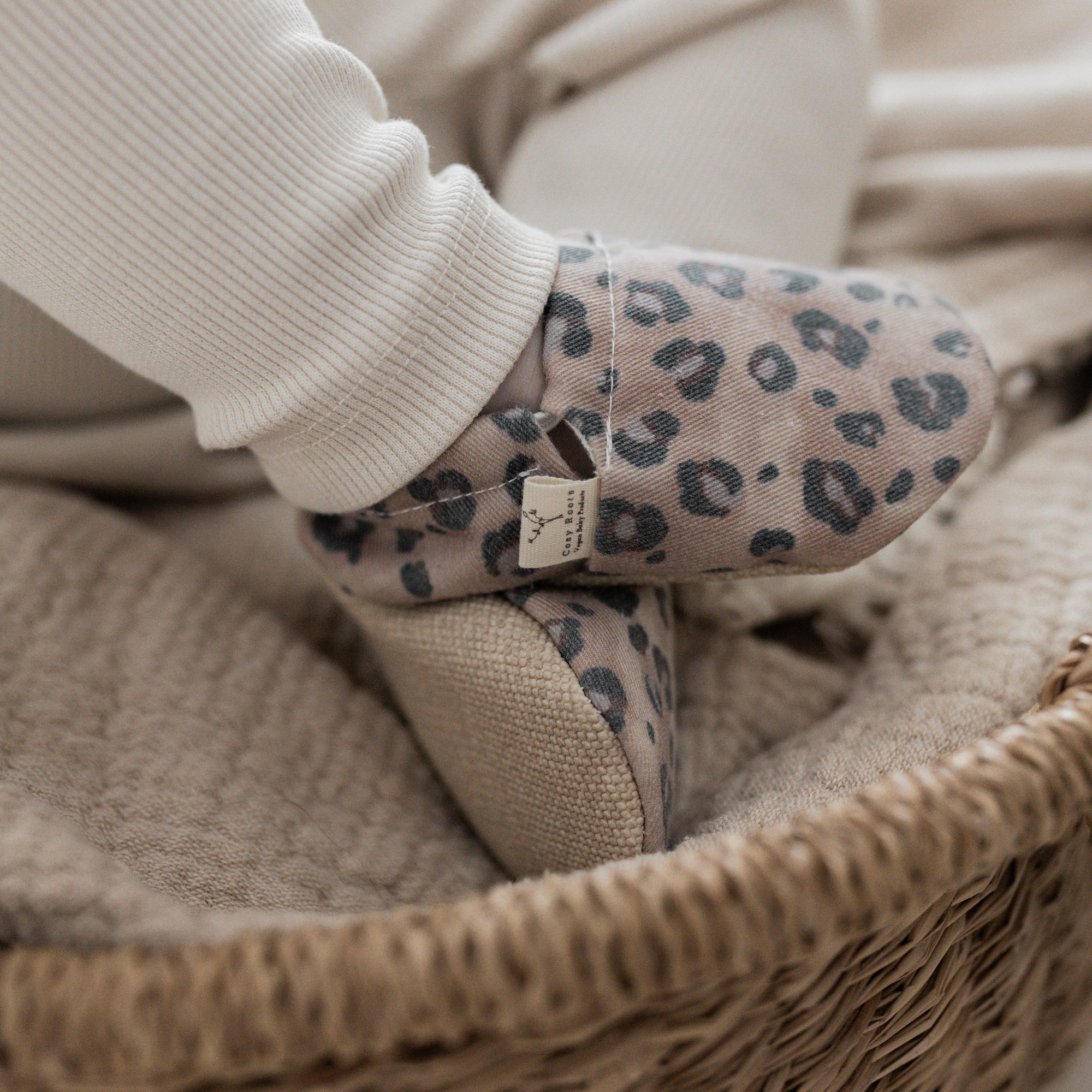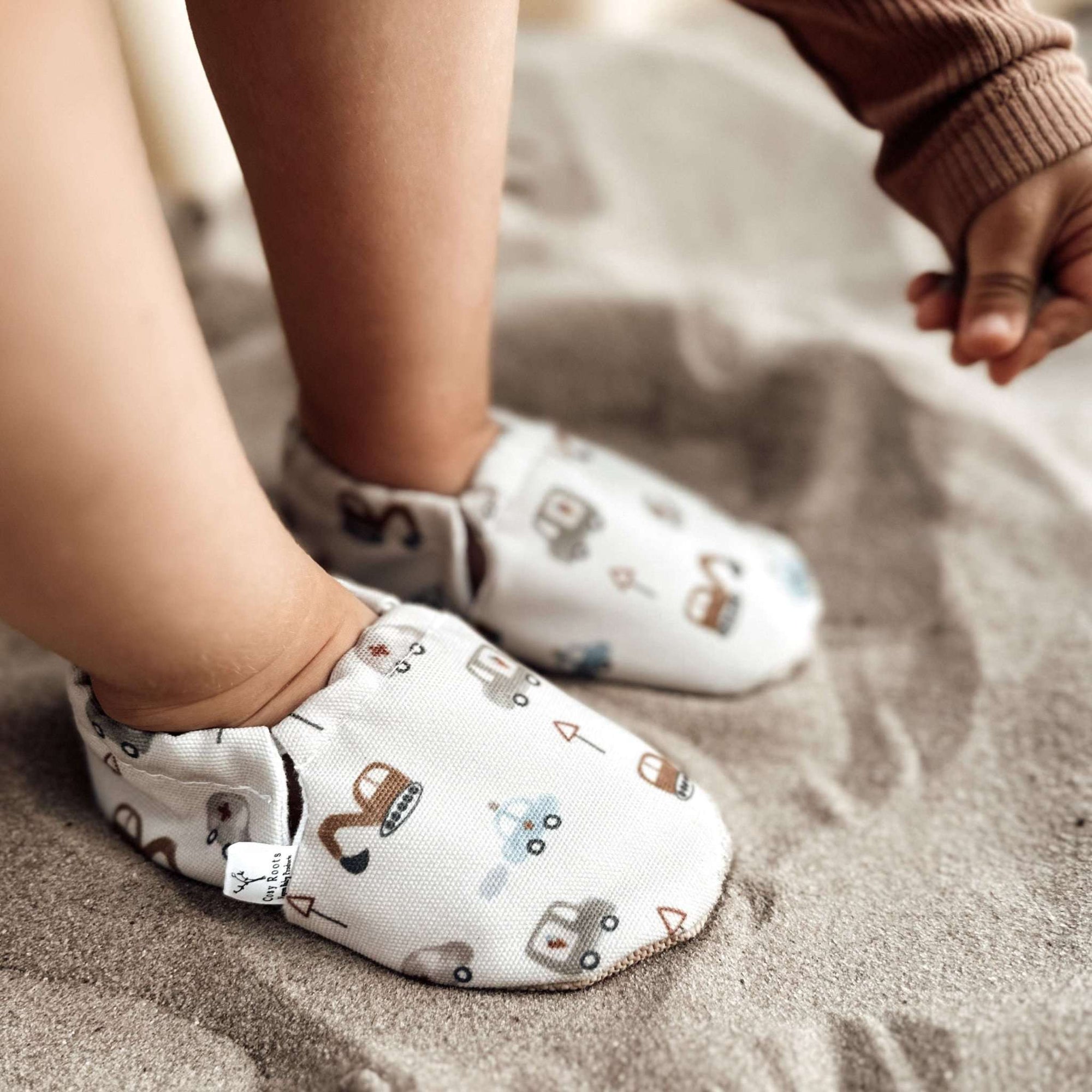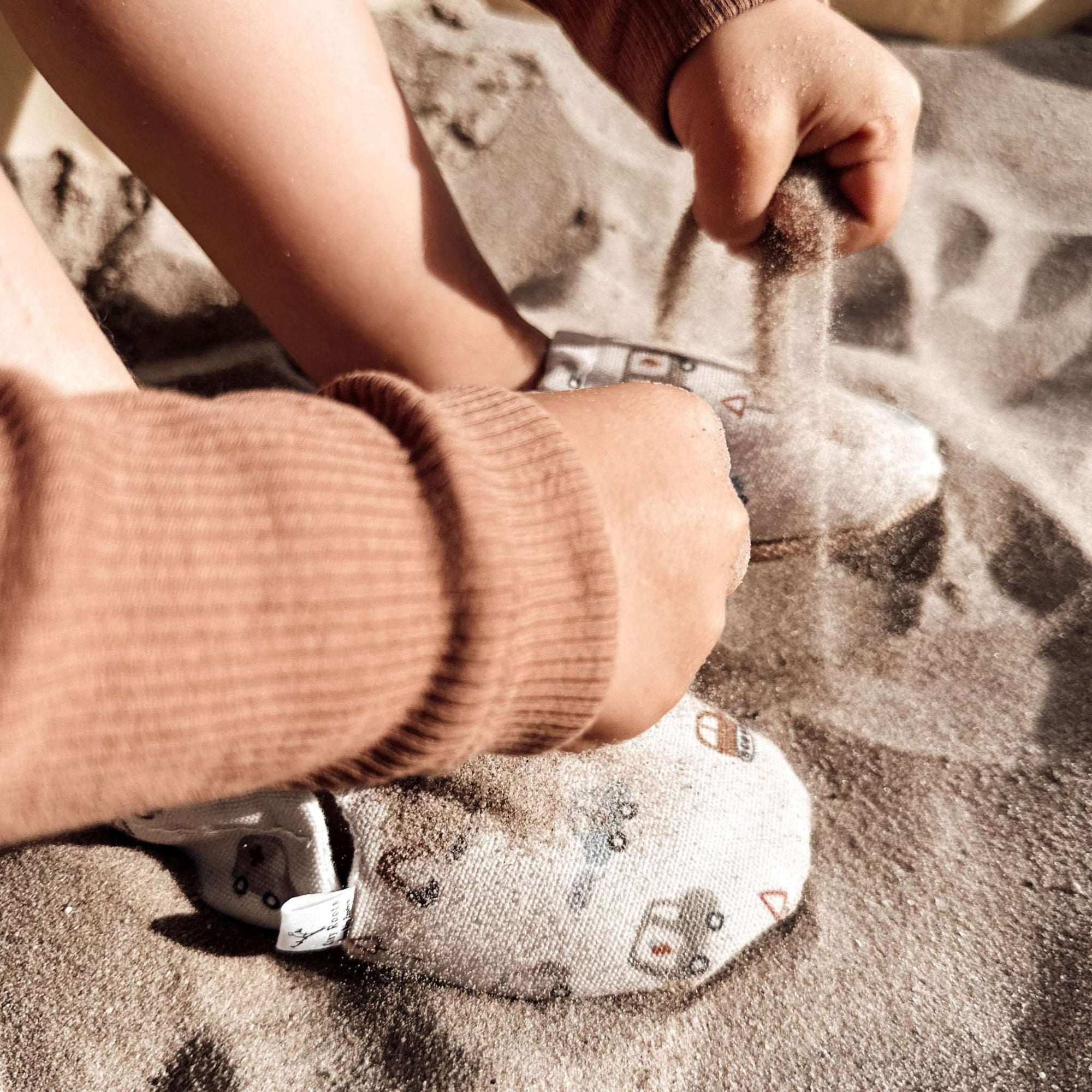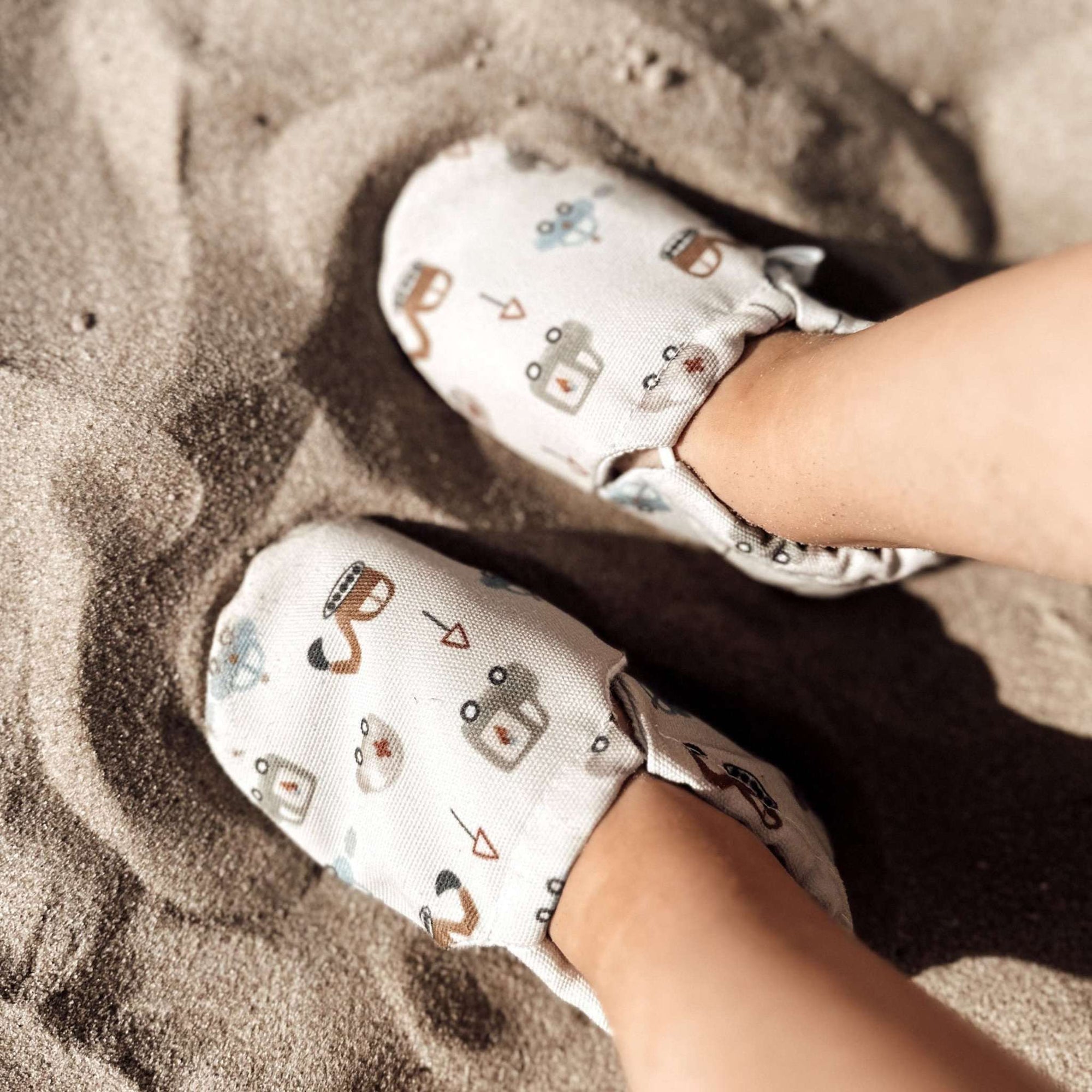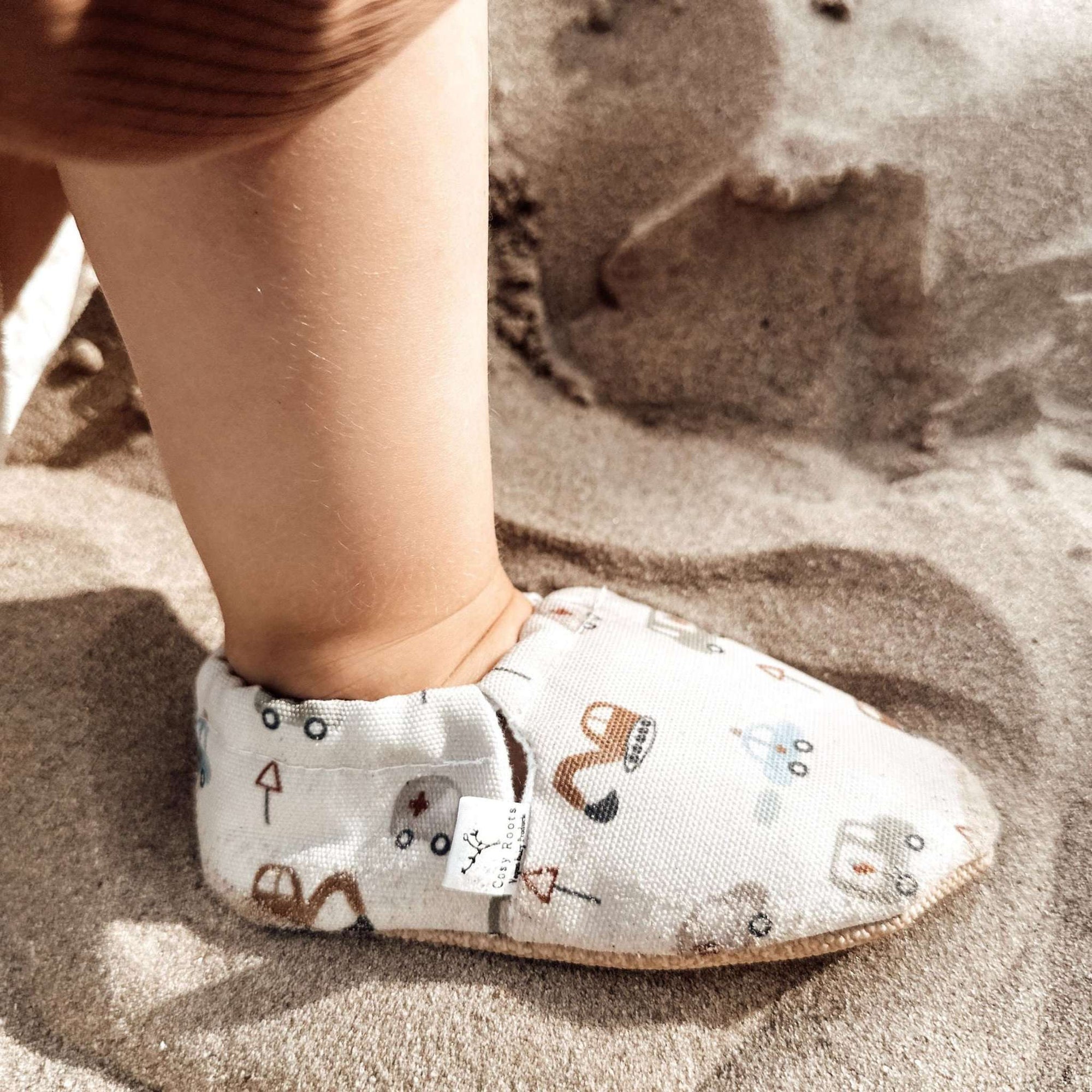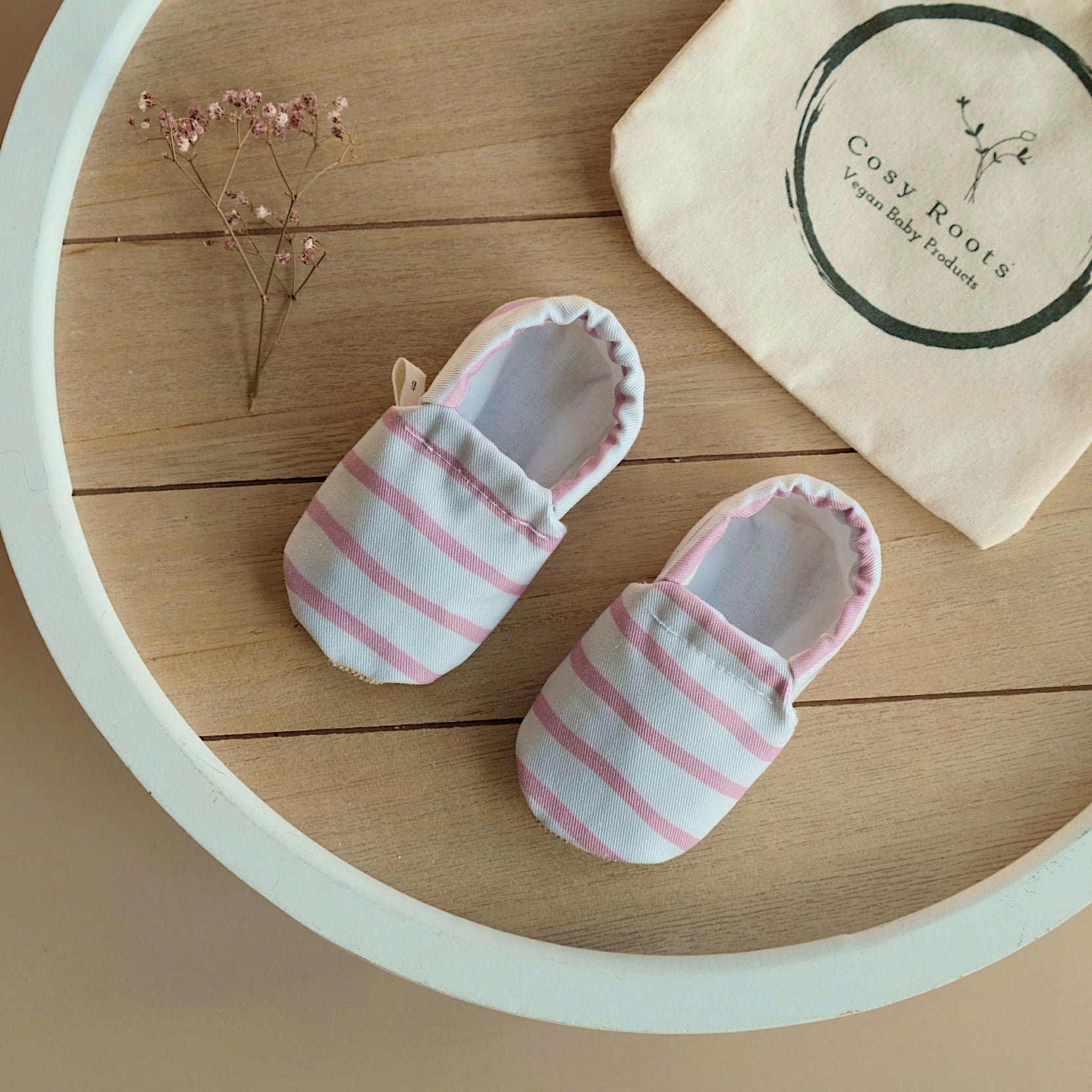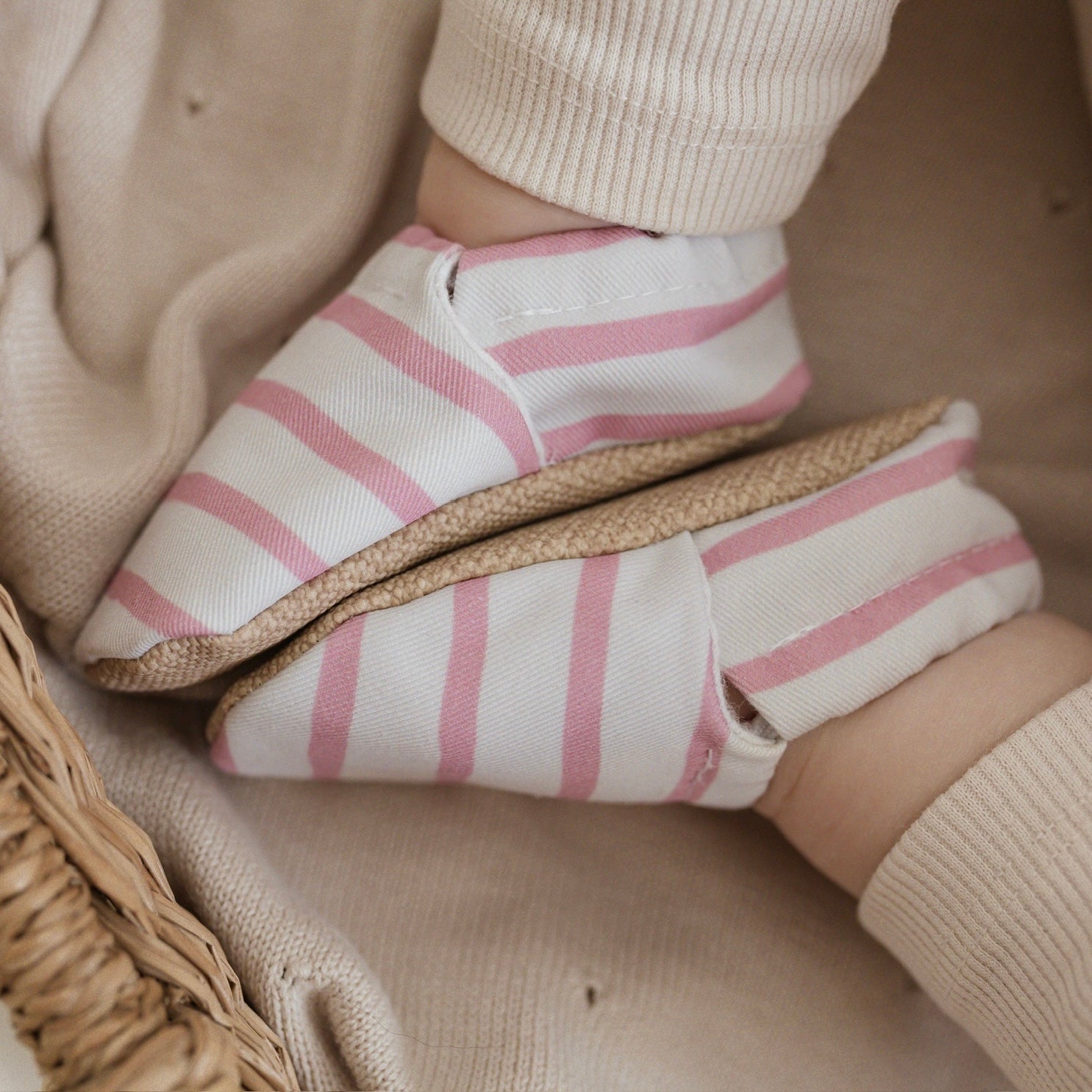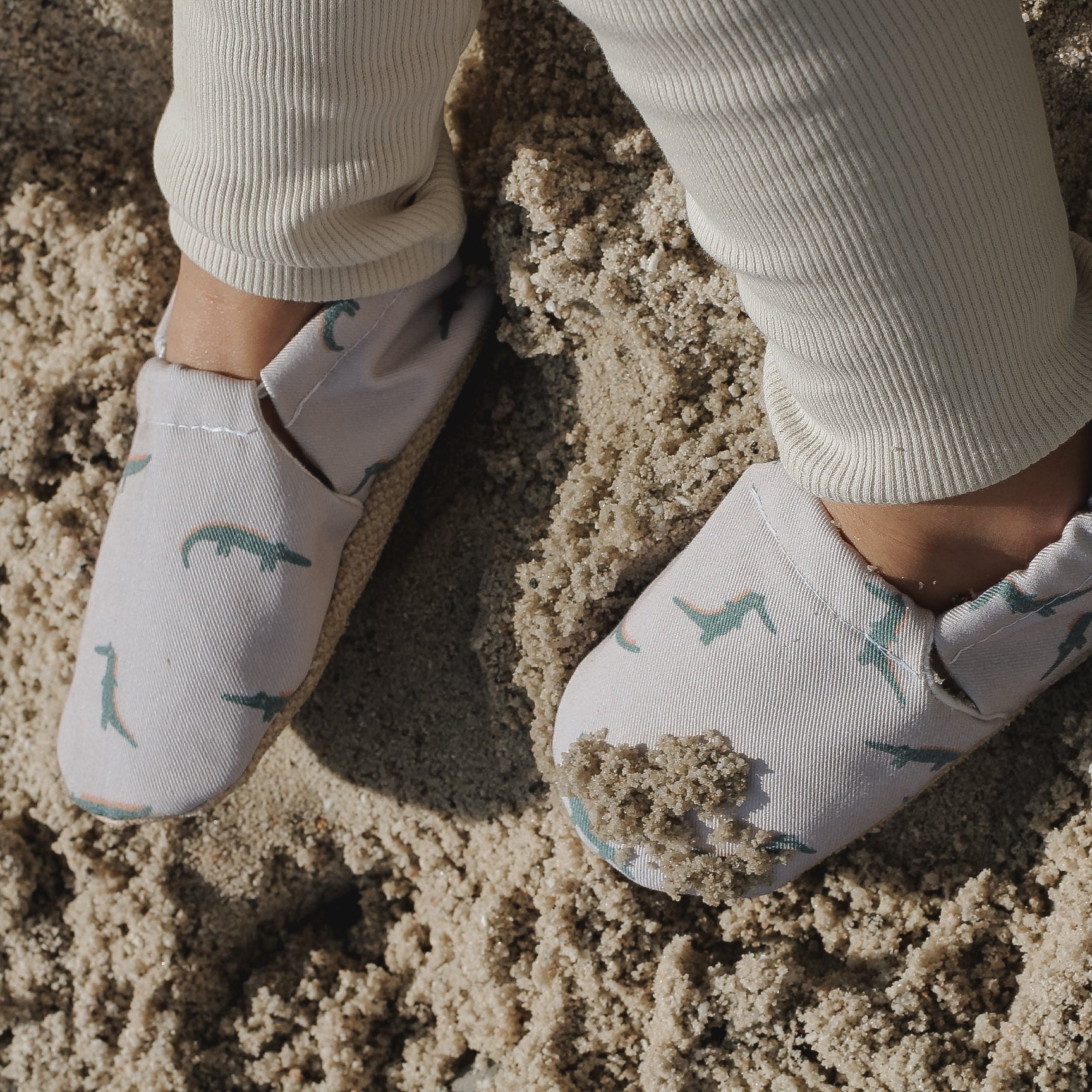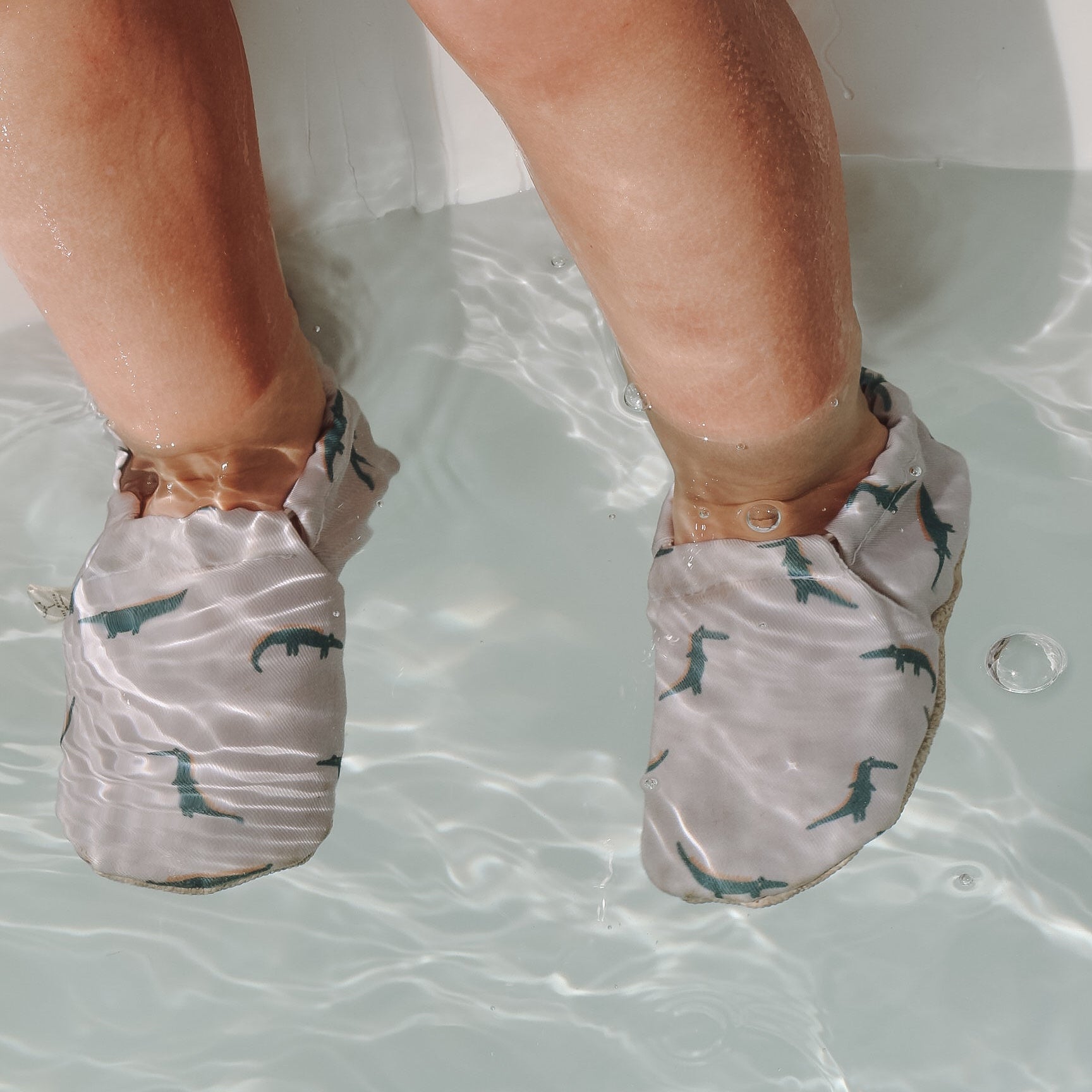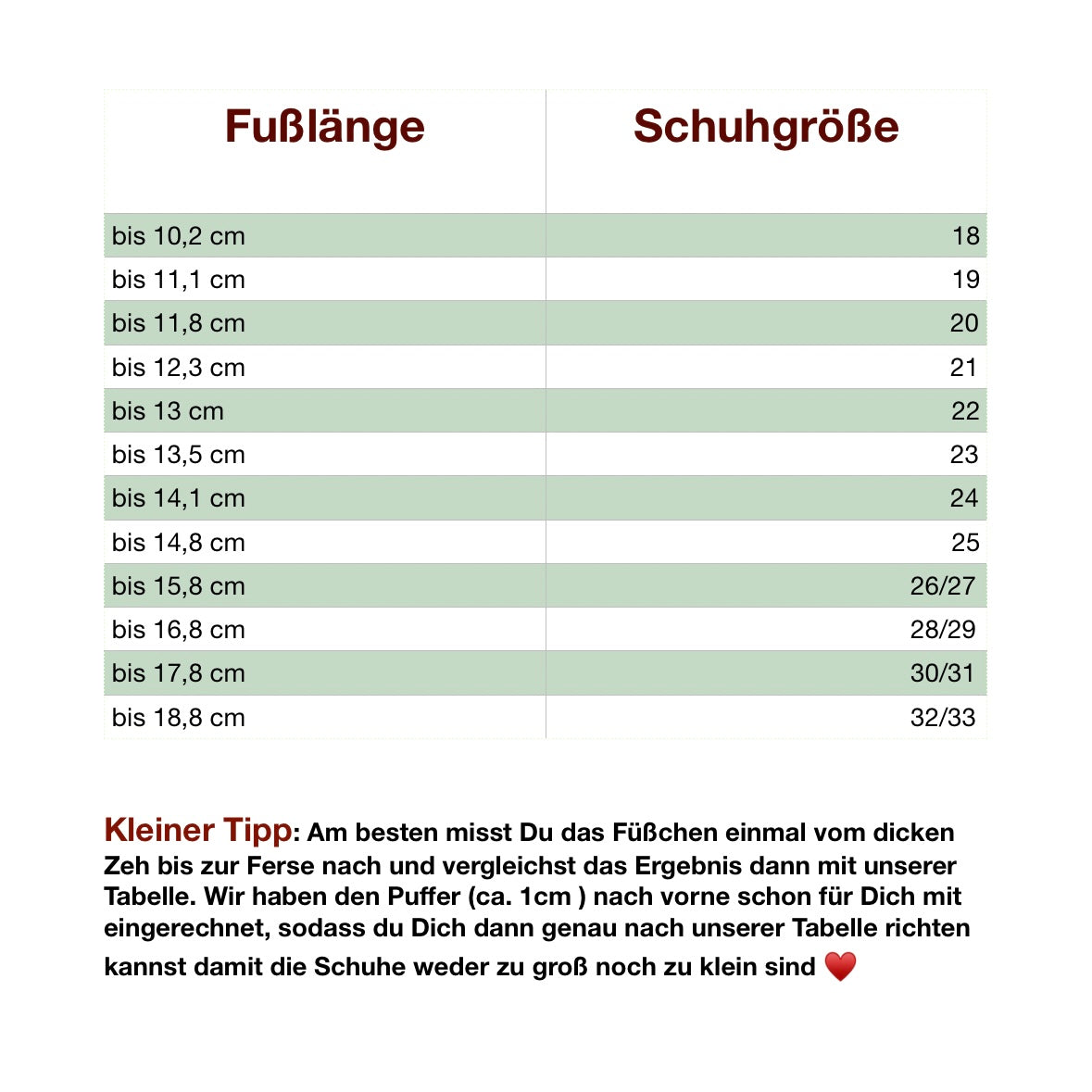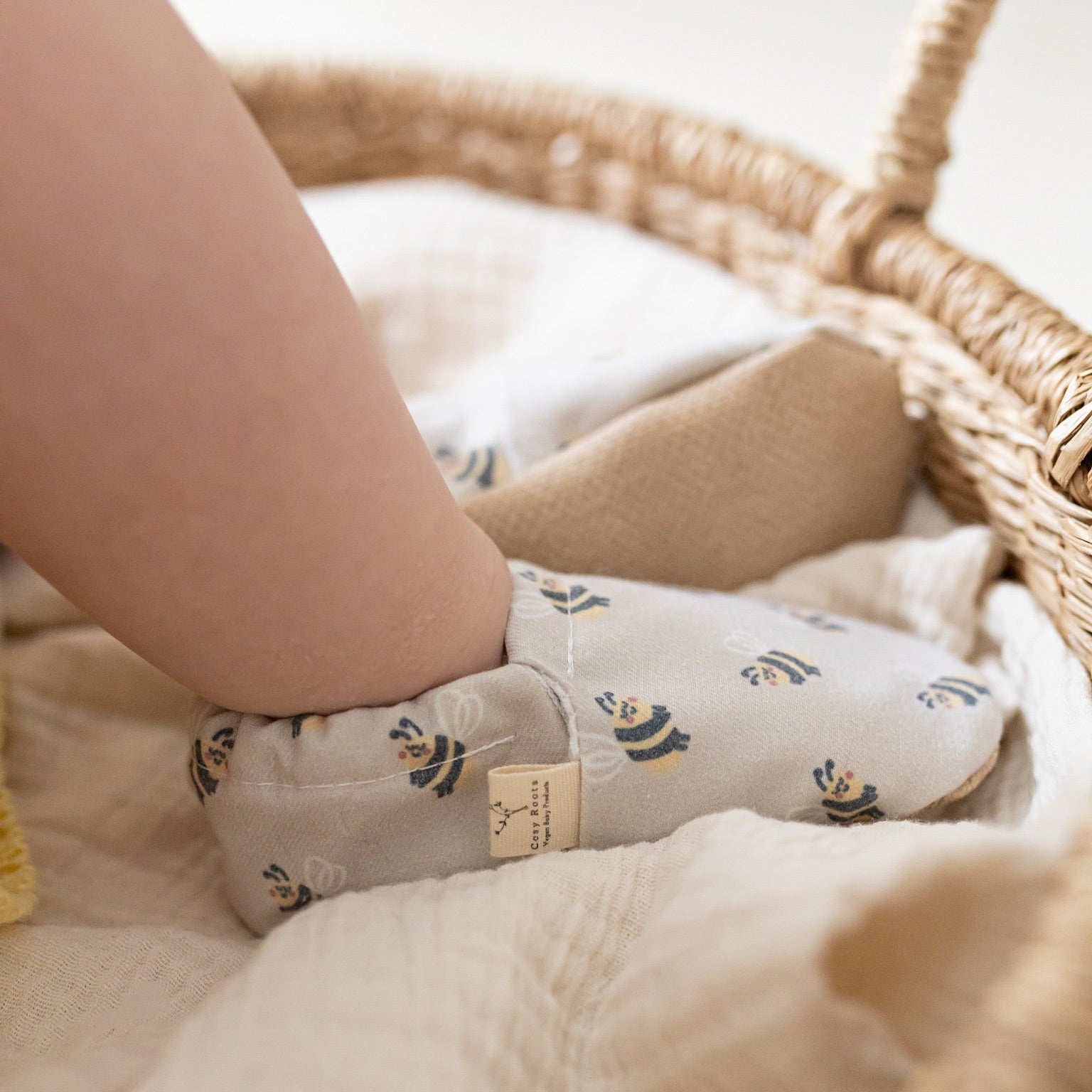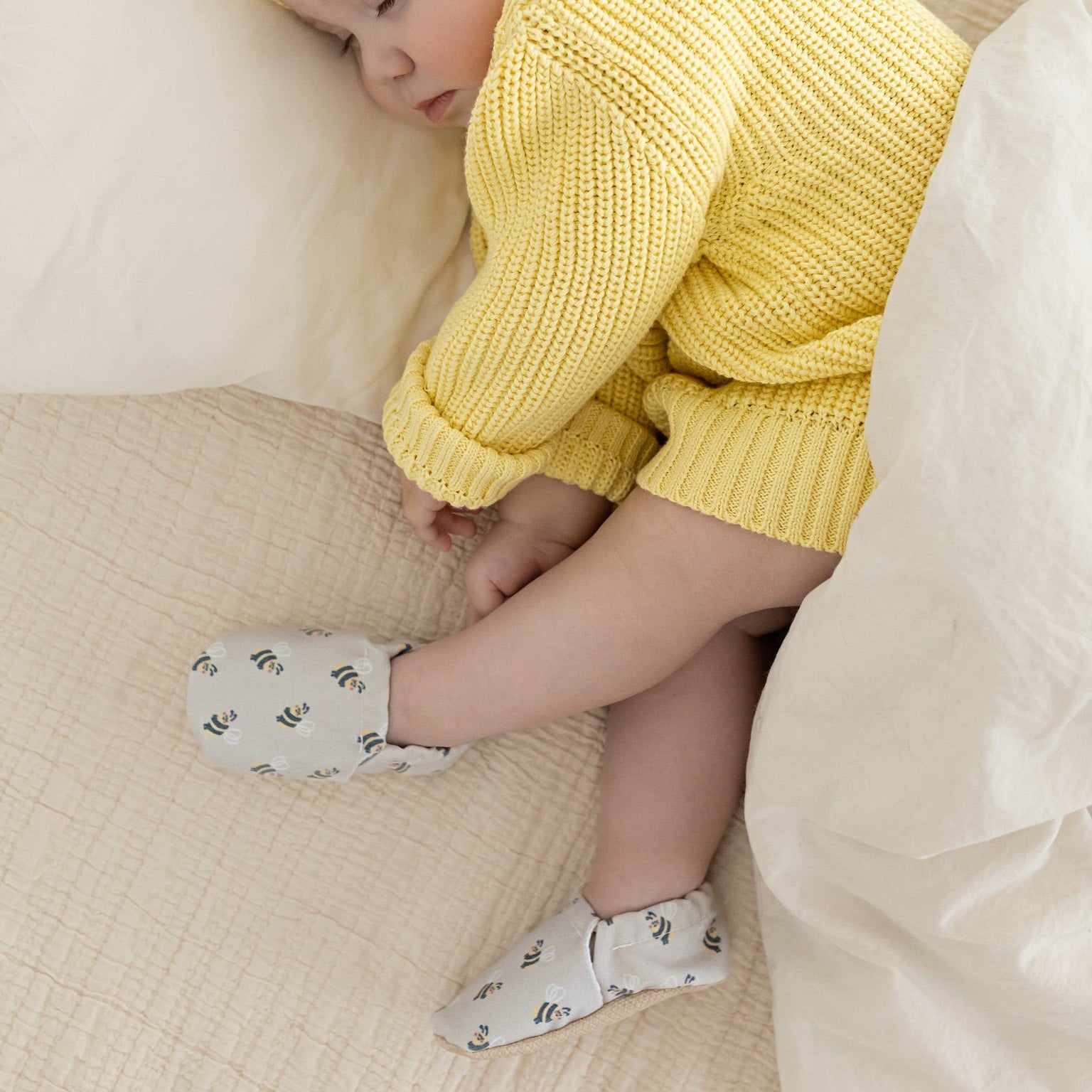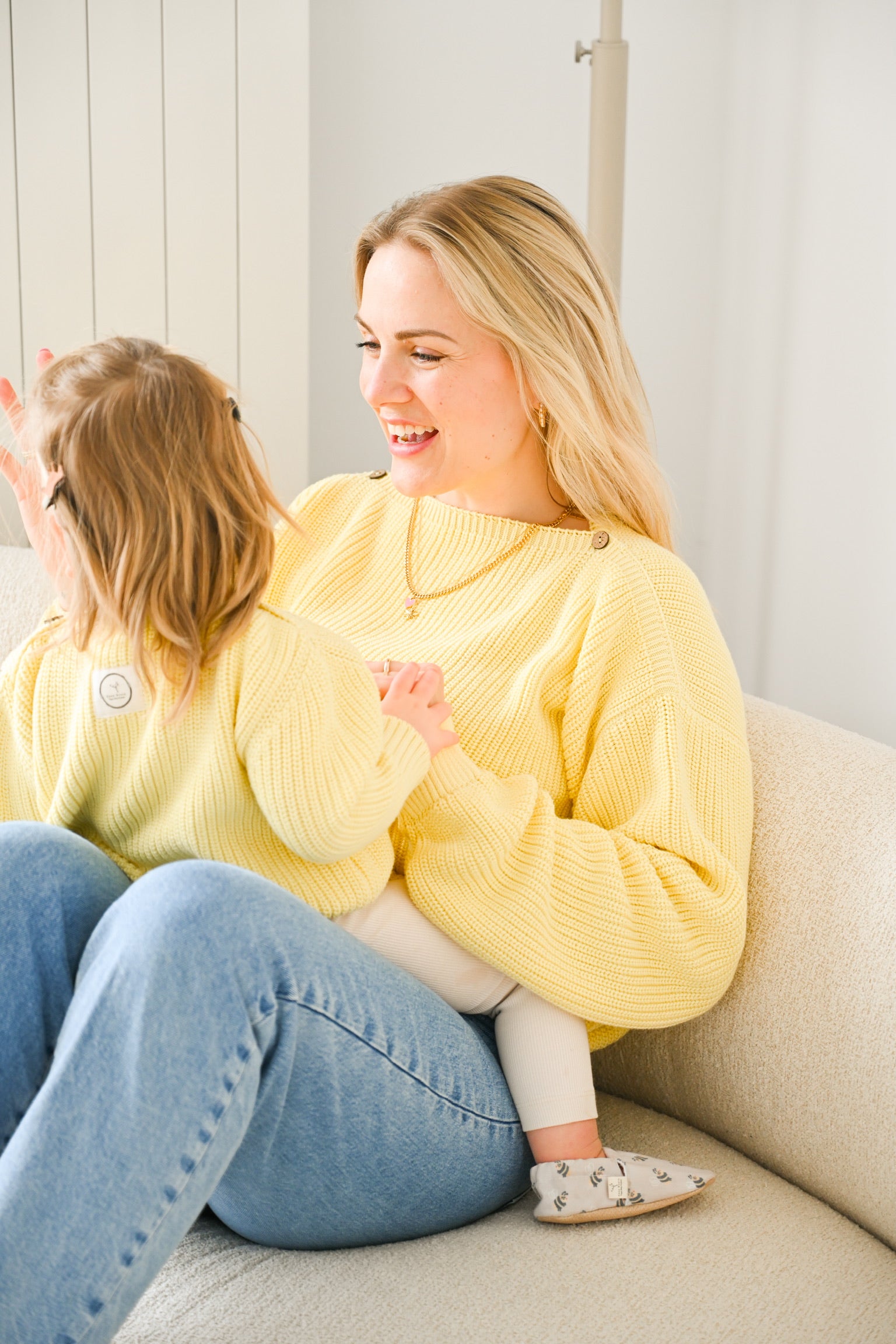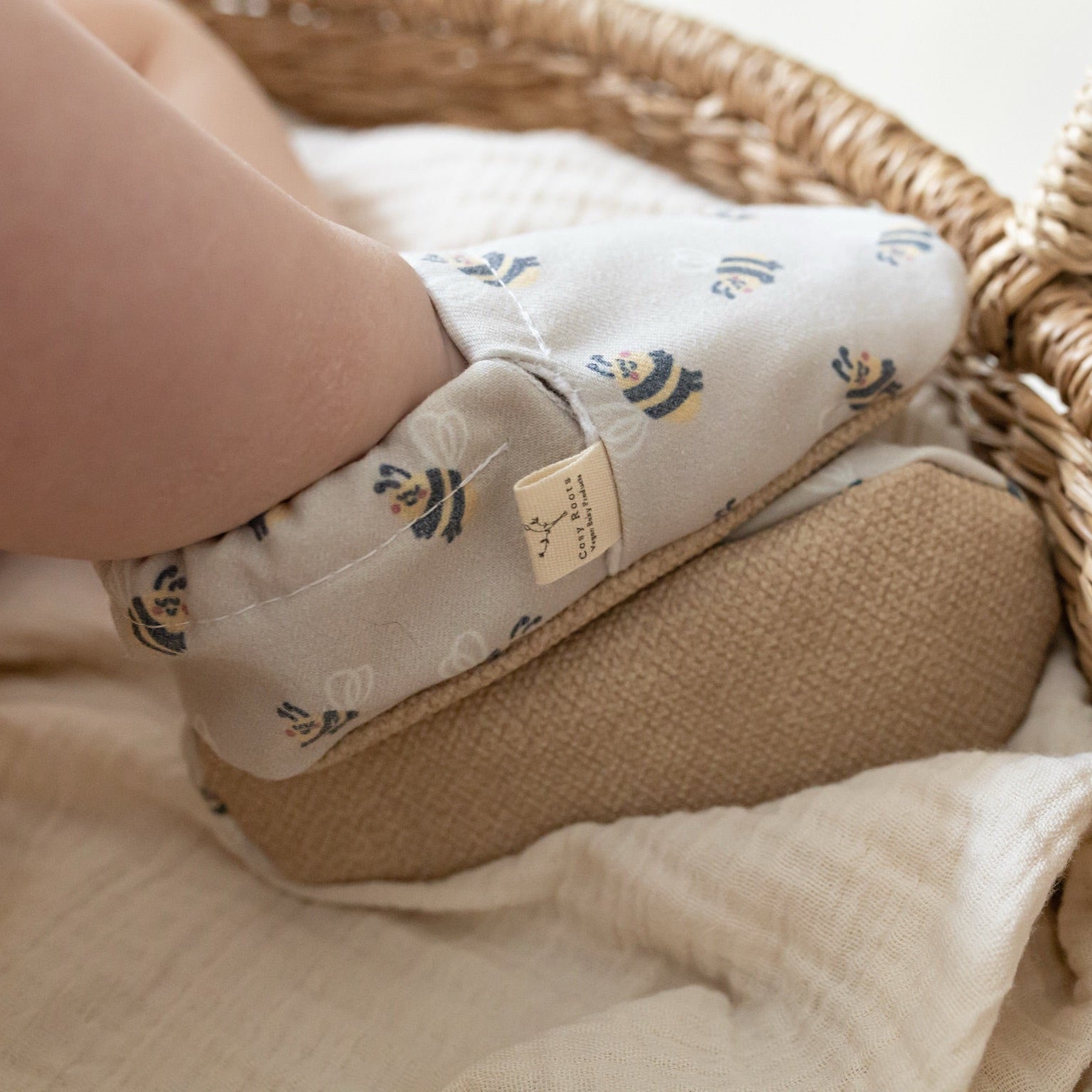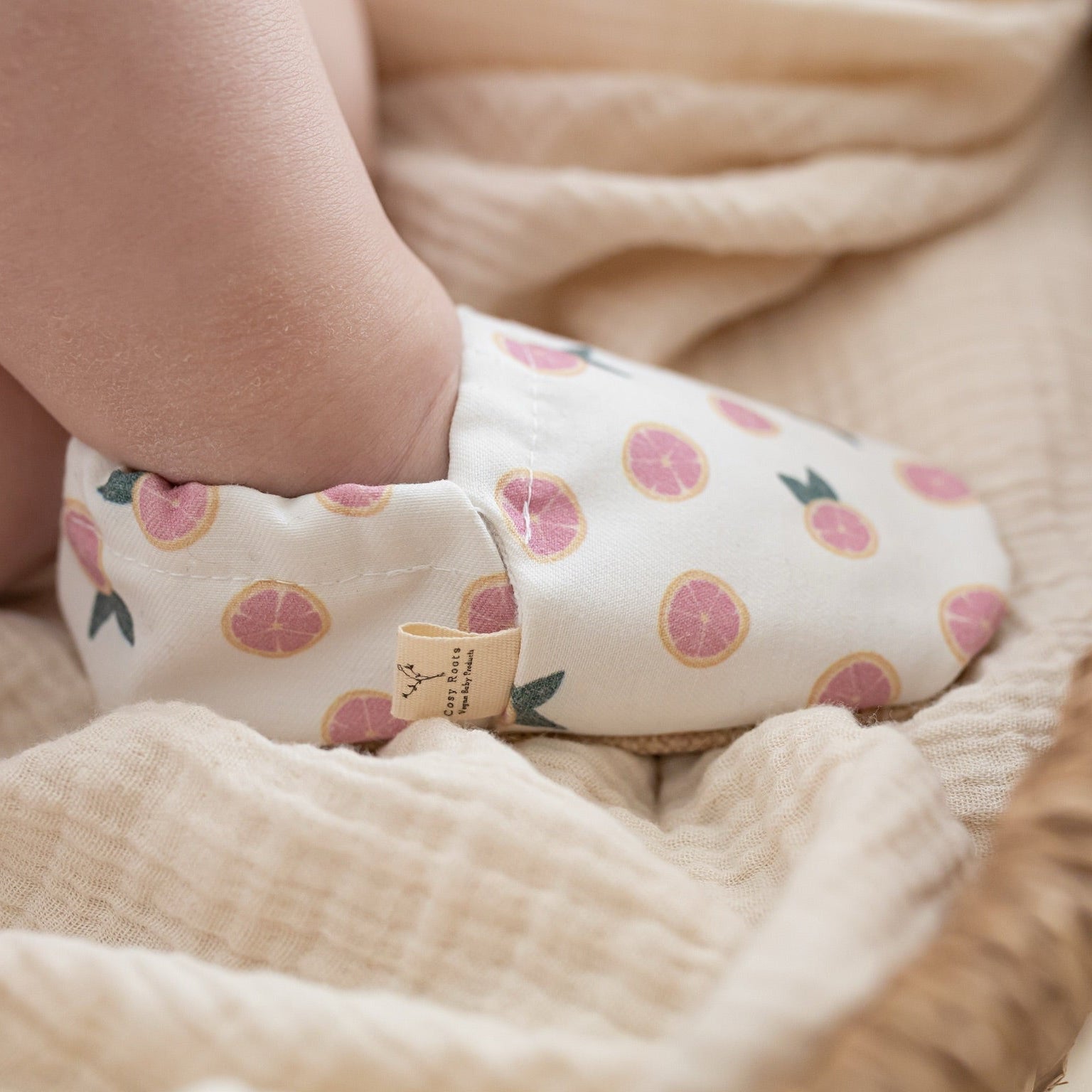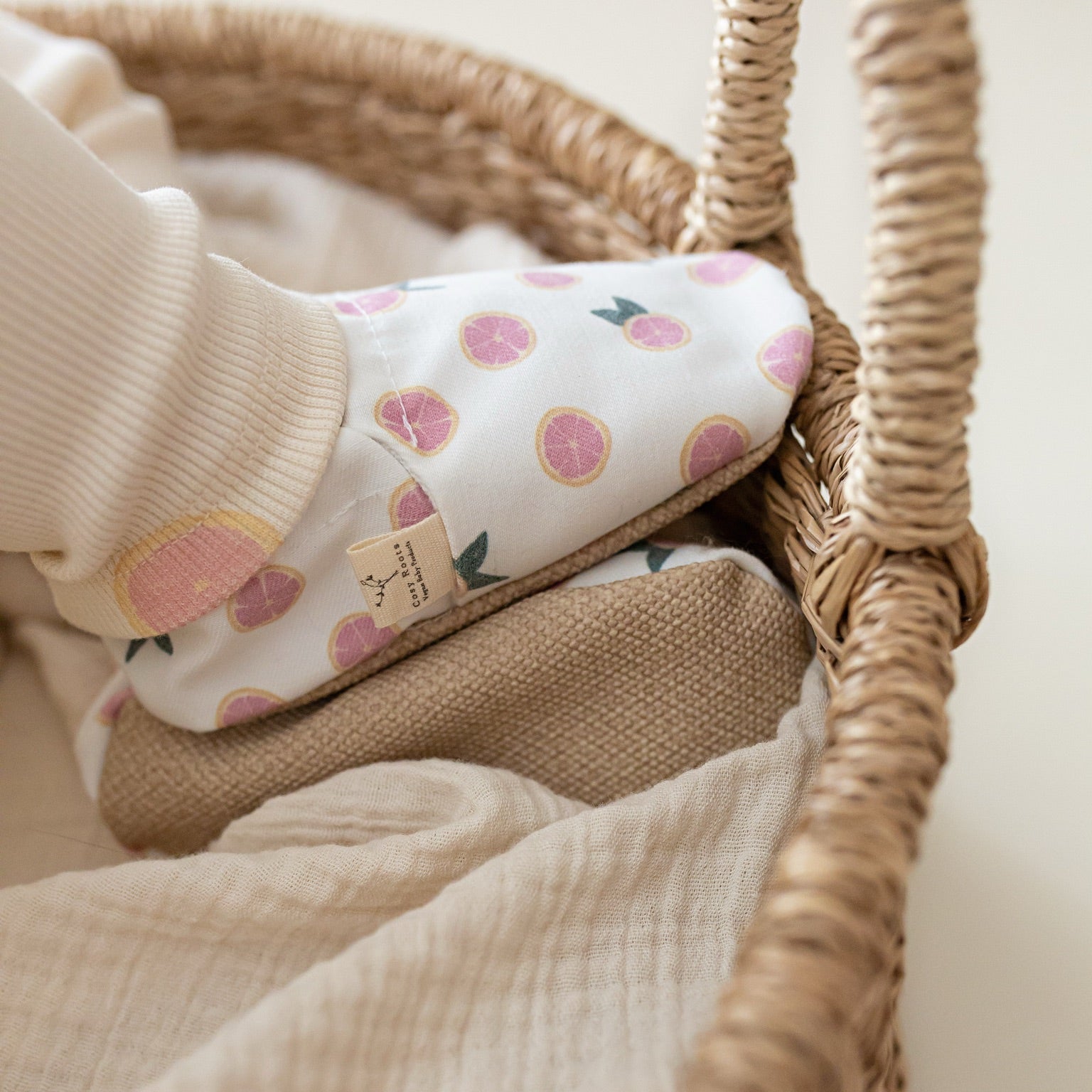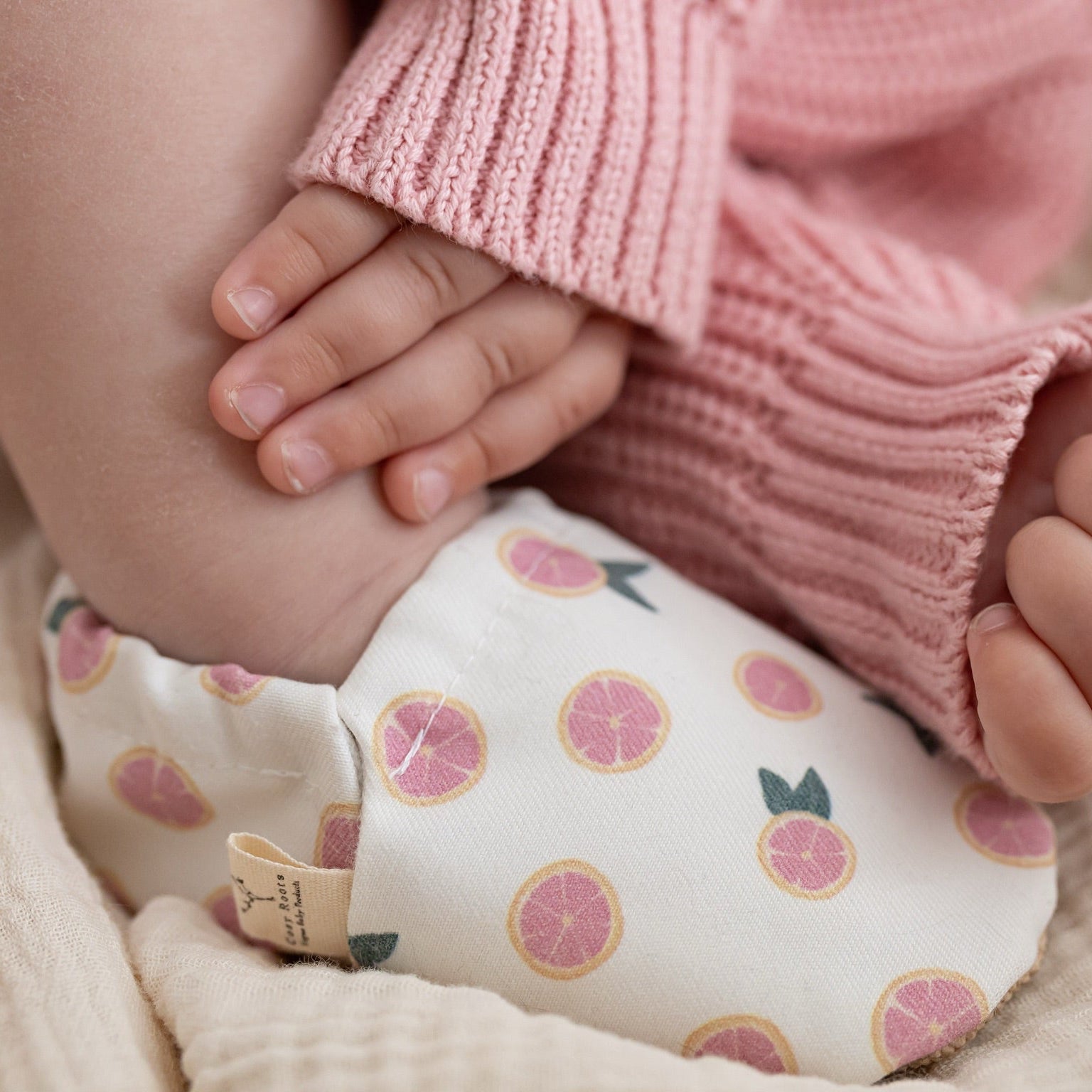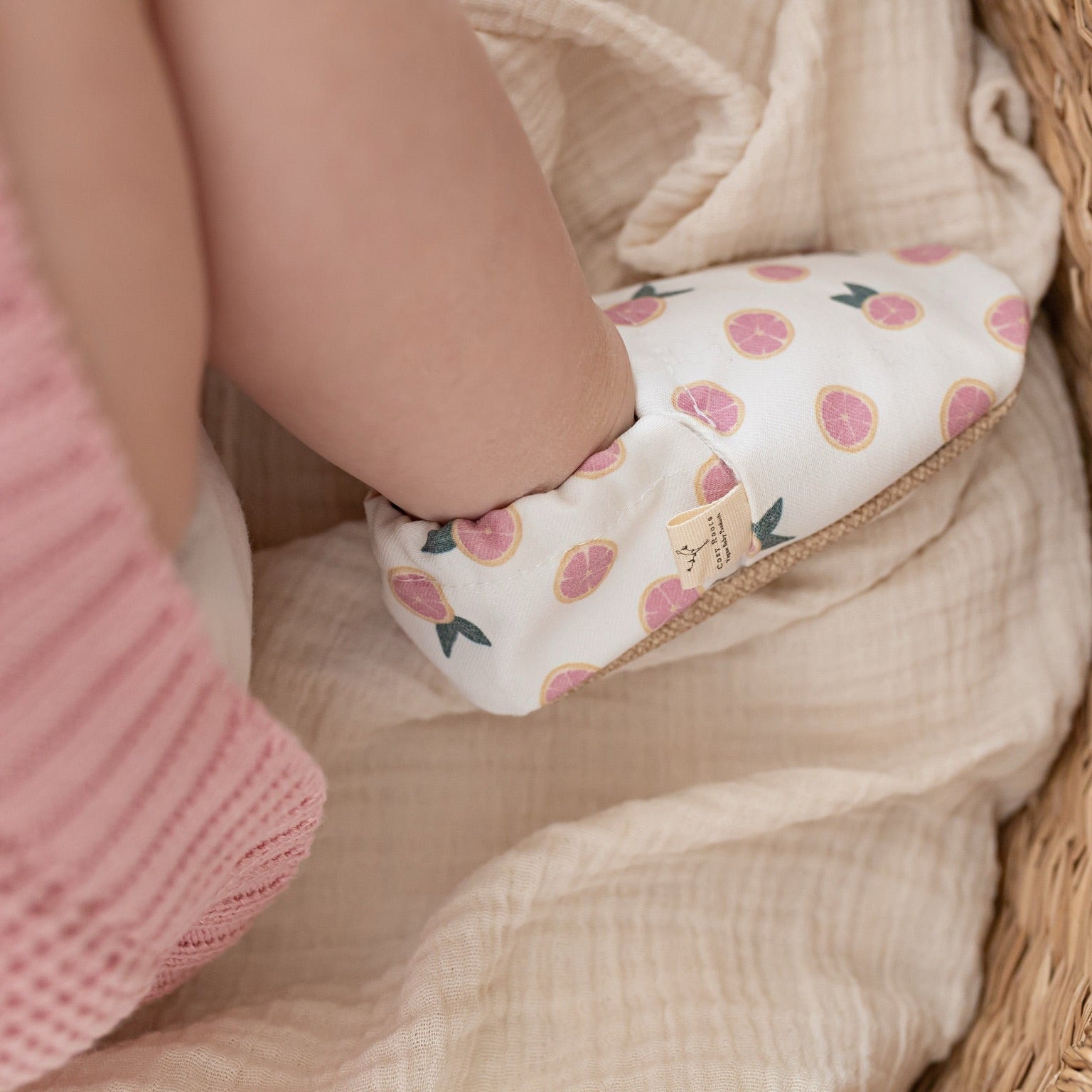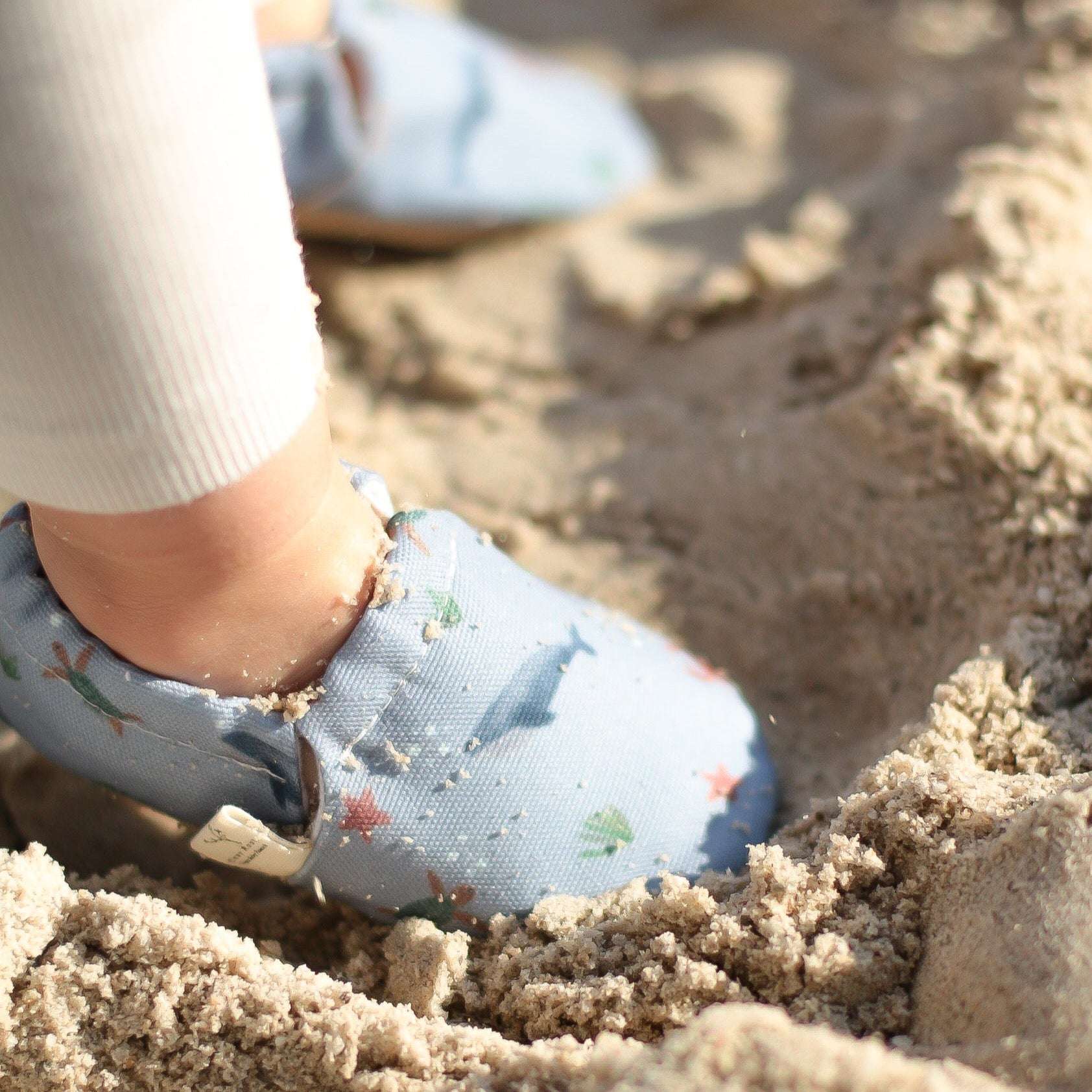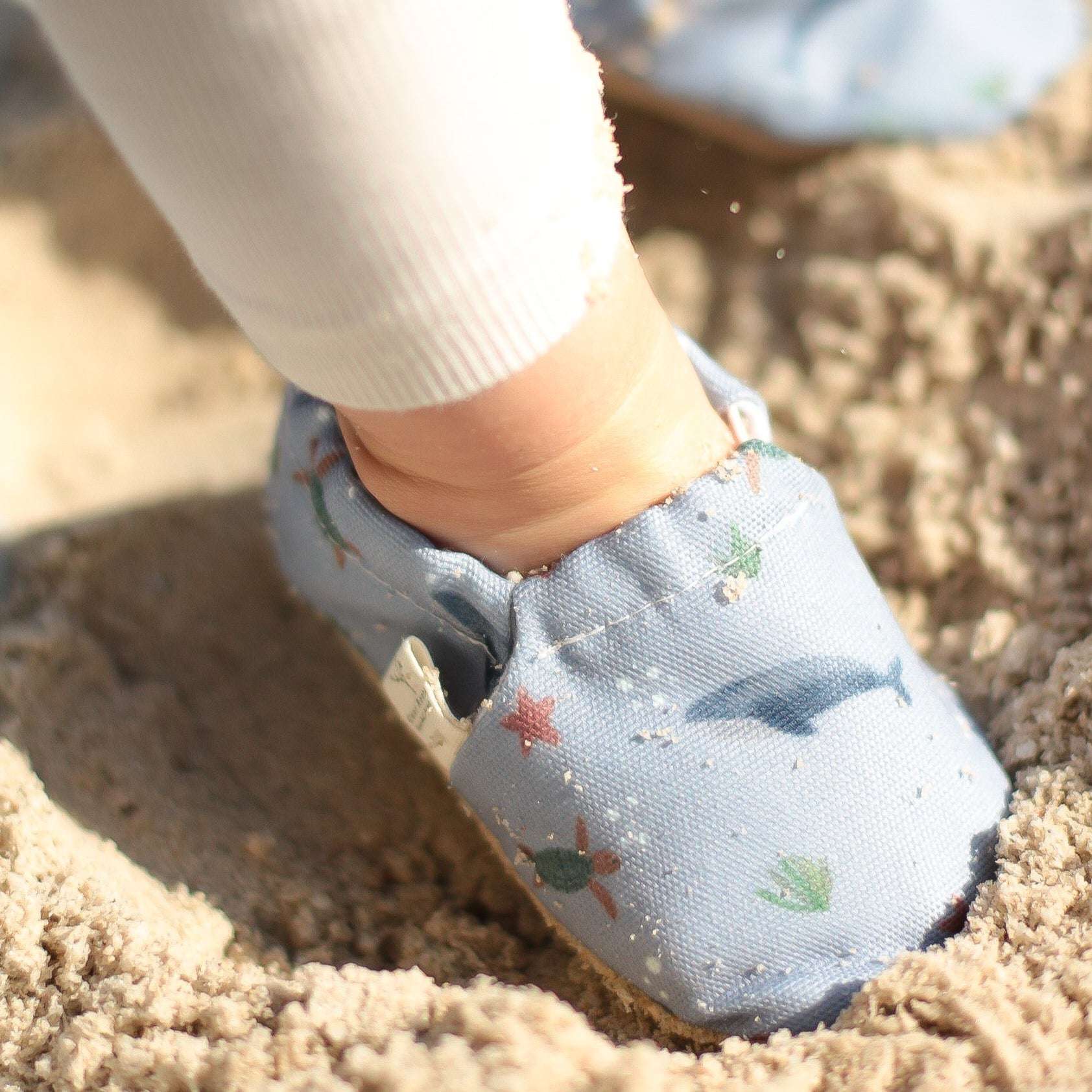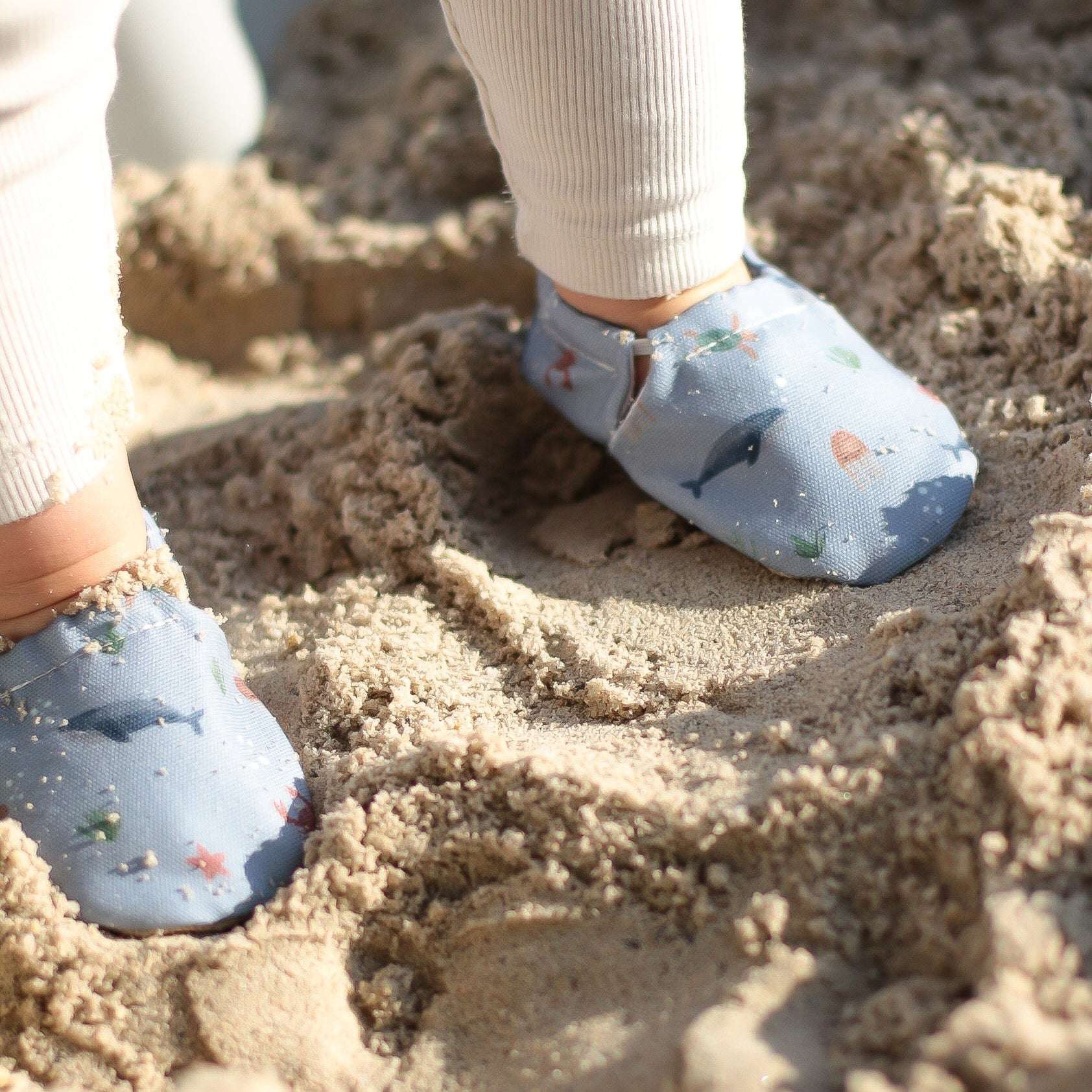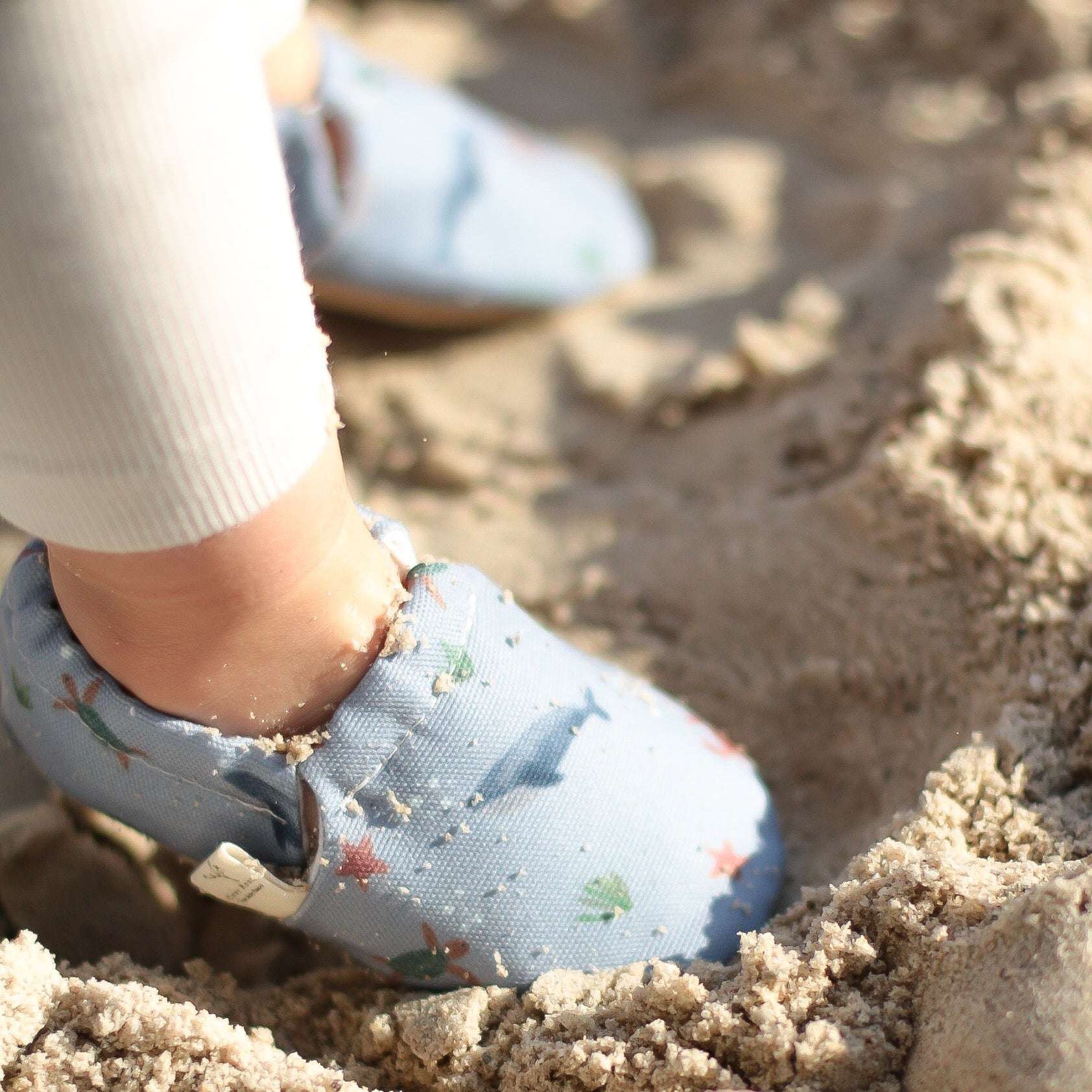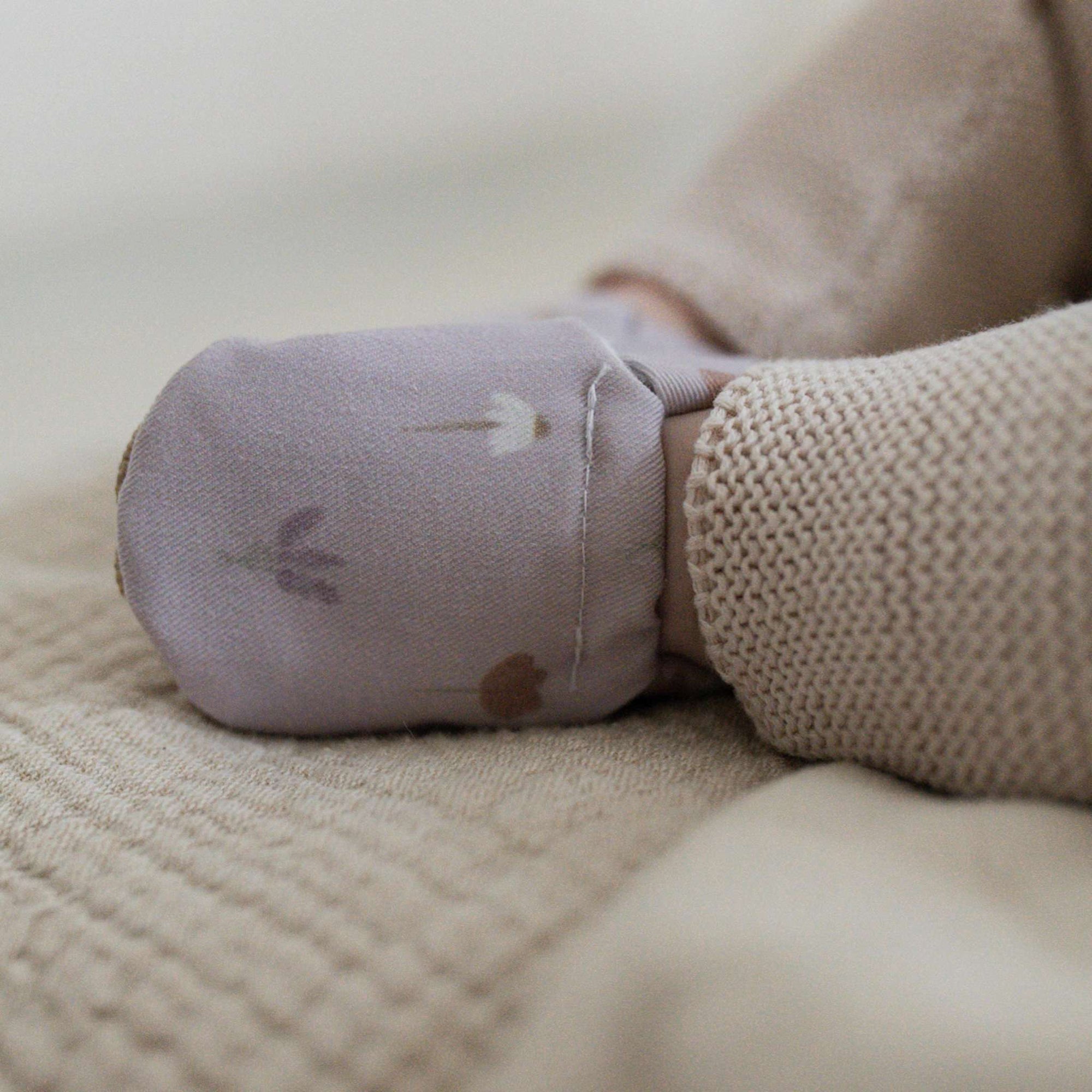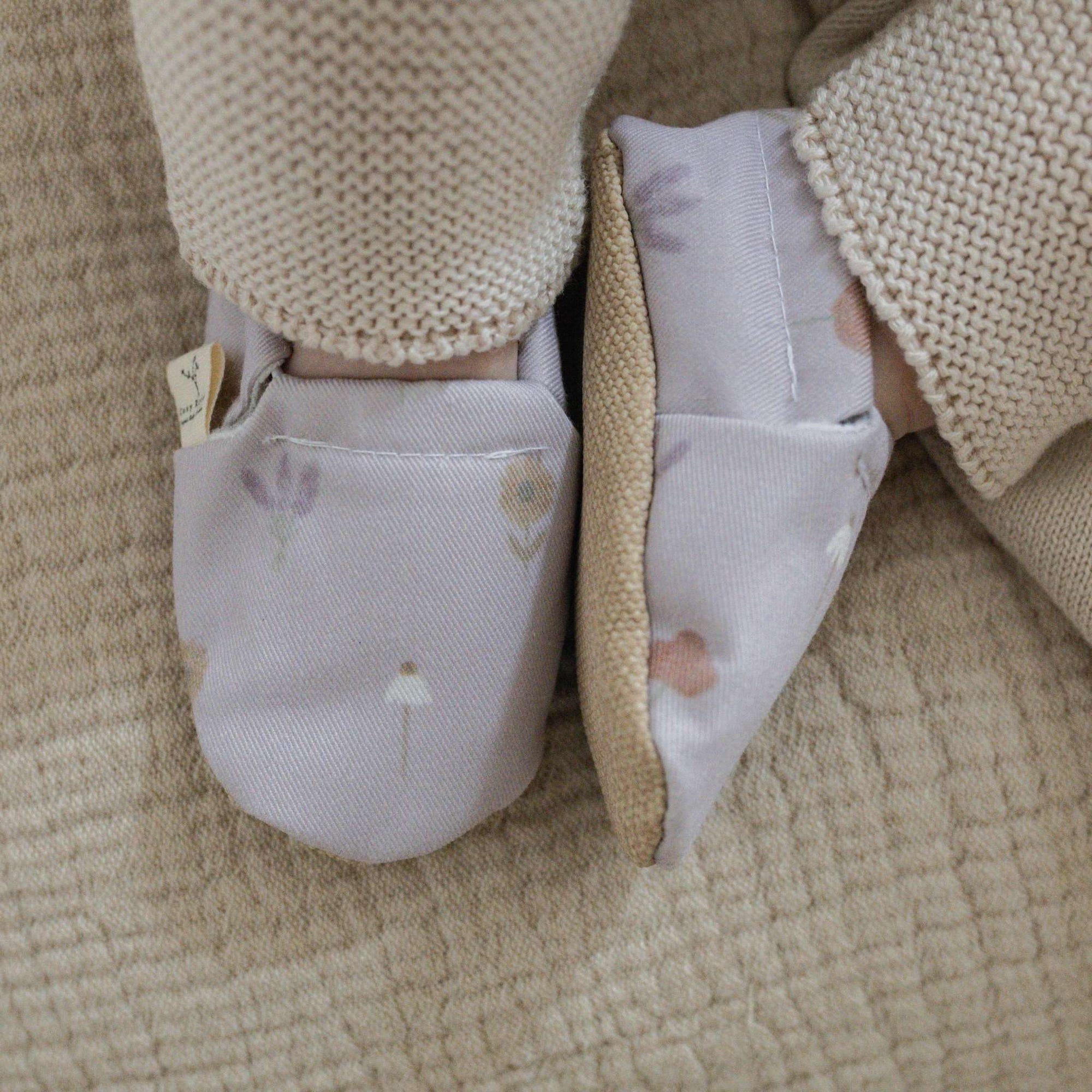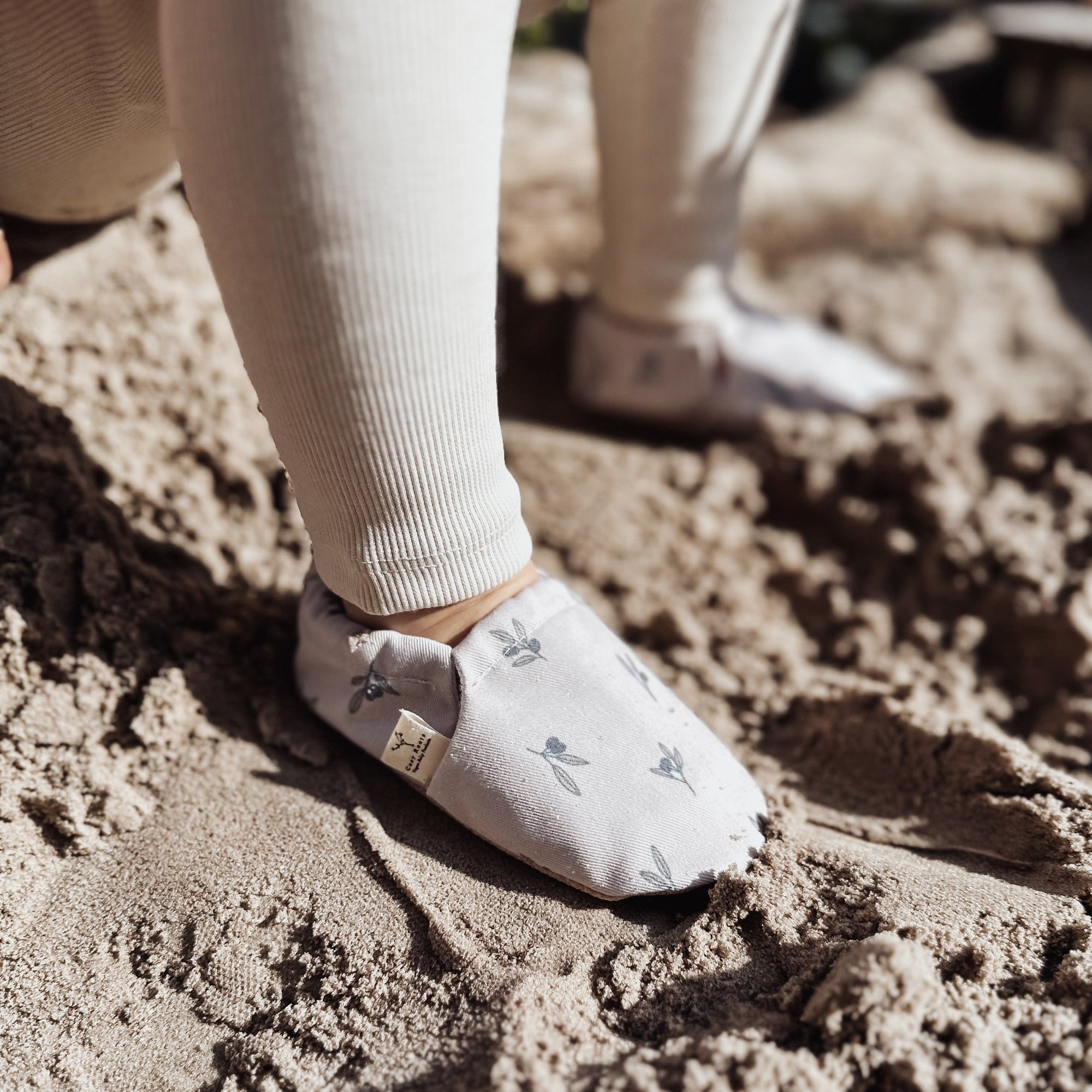When you hear the term greenwashing, you might think at first that these are ways to wash your laundry in a more environmentally friendly way. But it's not. It has a lot more to do with money laundering than clothing. In our article we will use many examples (grey boxes) to clarify what greenwashing actually is, how you can recognize it and why we want to take a stand against greenwashing.
What is greenwashing?
In German we would probably best describe it as “green coloring”. Greenwashing is therefore a company's misrepresentation of its understanding of the environment or its products. It should be suggested that the company or the product is sustainable or environmentally friendly, while the reality is different. Companies convey a green image, which actually does not correspond to reality at all.
In many cases, individual aspects are particularly highlighted, but they do not provide a reliable overall picture of the product or the company. Greenwashing is a marketing tool for addressing interested groups of buyers and influencing their purchasing decisions in a very specific direction.
The world is becoming more sustainable - everyone wants to keep up
People are becoming more and more aware, think more sustainably and want to do their part to improve climate protection. So it seems understandable that companies want to jump on this train. The problem with this is that their own behavior may still be a long way from dealing with the earth in a sustainable way. Nevertheless, they desperately want a piece of the sales cake in this segment.
|
In 2019, a well-known fast food chain started introducing paper straws, which of course they marketed accordingly. There were only two crucial problems - on the one hand, of course, countless trees had to be felled for the paper and on the other hand, it turned out that the straws (because of the other ingredients) were not recyclable at all. |
Unfortunately, it seems that greenwashing is a trend that we will not be able to avoid in the near future. The marketing departments of the giants are always coming up with new ideas to fool us. We must therefore learn to deal with it better and to recognize greenwashing.
How do I recognize greenwashing?
Recognizing a false statement in the area of sustainability is often not that easy. It's best to look at previous campaigns that have been exposed as greenwashing to be more sensitive and thus better able to spot new scams - so we want to include as many examples as possible in this post as well.
|
|
|
|

The good thing: people have become much more skeptical
Consumers are no longer as easily fooled as they were perhaps a few years ago. Too much has happened and too many false campaigns have been uncovered. In addition, the issue of environmental protection and sustainability is becoming more and more important and people are increasingly interested in improving the situation.
By the way: In contrast to greenwashing, green marketing is perfectly fine. So when it comes to publishing actual and true facts about a company or a product in relation to their environmental and sustainability policies, this is not a problem. However, companies on the one hand and consumers on the other must ensure that these activities are not turn into greenwashing.
We also don't want to offend the companies that care a lot about the environment and sustainable use. Fortunately, there are more and more of these. In most cases you can see it in the products. Long-established companies who just want to try to secure their income have a harder time.
The bad: The companies are becoming more and more cunning
According to a comprehensive study by the Changing Markets Foundation , more and more companies are hiding behind labels and certificates when it comes to greenwashing, but these ultimately have no meaning. Unfortunately, as a consumer, you often have little opportunity to go deeper and see what is really behind a label or an imaginative logo.
|
During detailed investigations as part of the aforementioned study, it came out, among other things, that an unbelievable 96% of the statements made by a large Swedish clothing brand about sustainable use of the environment or information about organic cotton, etc. were wrong. |
|
An oil giant took it to the extreme in late 2020. The company launched a poll on its Twitter account: "What would you do to help reduce greenhouse gas emissions?". The company itself is responsible for more than 1% of global emissions. |
How Cozy Roots takes a stand against greenwashing
We at Cozy Roots see ourselves as a sustainable company. We do everything in our power to make our own processes sustainable and also to involve our suppliers on the way.
We have been officially certified by GOTS (Global Organic Textile Standard) to find out for ourselves where we stand and where we want to go. GOTS is one of the most recognized organizations in the field of sustainability.
As a supplier of children's clothing, our little ones are of course very important to us. Today we must ensure that our children find a world worth living in. We can only see ourselves as our children's lodgers and must protect and preserve their heritage. Unfortunately, many people still act as if the earth only belongs to our generation and “after me the deluge”.
|
|
We want to make it clear that we firmly reject greenwashing. Even good companies are often discredited or questioned as consumers become more hesitant about whom to trust. Of course, this also applies to us and other environmentally conscious companies.



